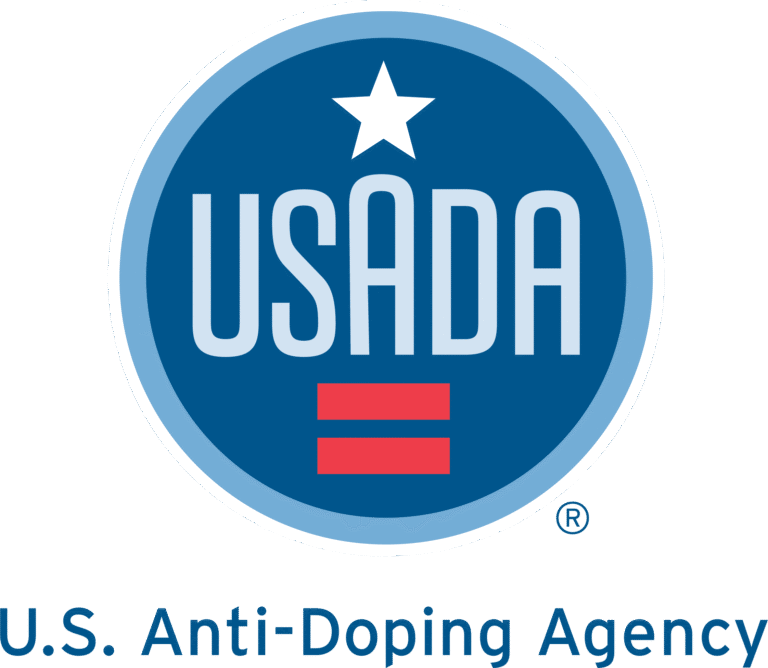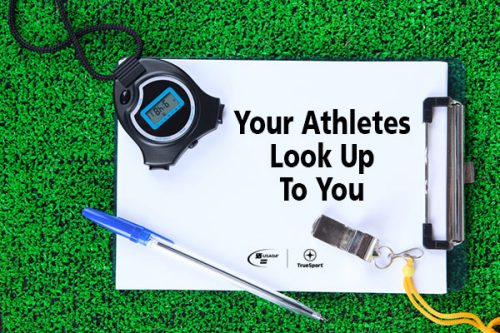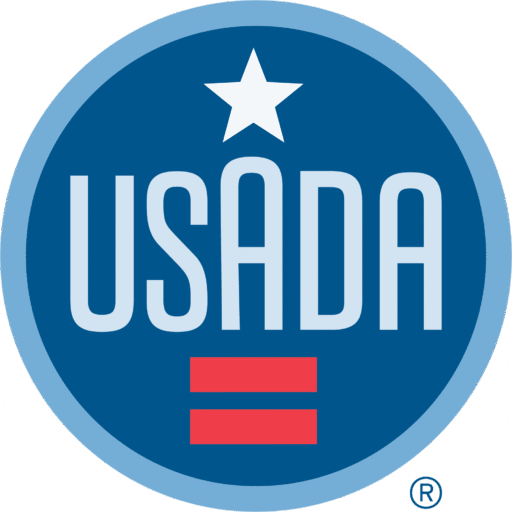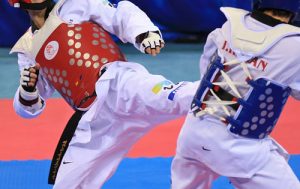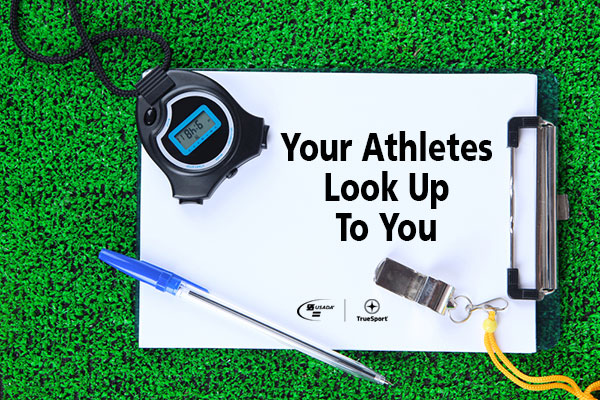 In a survey conducted as part of a USADA research study, the majority of respondents ranked coaches as the top positive influence on today’s youth – even above teachers and parents. Coaches spend significant time with their players both on and off the field, which means that competitors of all ages come to depend upon their coach’s expertise, guidance, and trust. As such, coaches have the ability to significantly influence their players’ adherence to anti-doping guidelines.
In a survey conducted as part of a USADA research study, the majority of respondents ranked coaches as the top positive influence on today’s youth – even above teachers and parents. Coaches spend significant time with their players both on and off the field, which means that competitors of all ages come to depend upon their coach’s expertise, guidance, and trust. As such, coaches have the ability to significantly influence their players’ adherence to anti-doping guidelines.
Recognizing the profound influence coaches have, the World Anti-Doping Code outlines roles and responsibilities for these important role models, as well as other athlete support personnel, all of whom help athletes engage in competition. Like the athletes they support, coaches are responsible for observing and upholding regulations outlined by the Code.
Below, we’ve highlighted coaches’ roles and responsibilities under the Code, and some of the ways coaches can fulfill those duties.
- Understand and comply with anti-doping policies.
- Become knowledgeable about major anti-doping topics, including the WADA Prohibited List, the sample collection process, and therapeutic use exemptions (TUEs).
- Use the Coach’s Advantage Tutorial to further develop and test your understanding of anti-doping protocols so you can be a resource for athletes, parents, and other support personnel.
- Help athletes determine the prohibited status of their medications and other products by utilizing USADA’s various resources, such as the Global Drug Reference Online, Supplement Connect, and the Drug Reference Line (719-785-2000, option 2).
- Cooperate with athlete testing programs.
- Act as an athlete representative during the sample collection process.
- Help athletes file their Whereabouts accurately and on time.
- Encourage athletes to complete the sample collection process in a timely and cooperative manner.
- Report potential anti-doping violations to the appropriate governing body, NADO, IF, or WADA.
- Use your influence on athlete’s values and behavior to foster anti-doping attitudes.
- As a role model, you have the ability to get athletes excited about anti-doping and playing their part in the fight for clean sport.
- To build a culture of clean sport, coaches need to emphasize that competing clean is more important than winning at all costs.
- Make sure your athletes adhere to prohibited association guidelines, which help ensure that athletes are protected from people who have been sanctioned, would perpetuate doping, or use their influence to take advantage of athletes.
At the end of the day, athletes can only respect their sport and protect their legacy by competing clean. Coaches are a critical part of that process, with responsibilities that extend far beyond just helping an athlete master a sport. Help your athletes make smart, positive, and healthy choices. It is imperative that you use your influence to help ensure a level playing field where athletes can compete clean and win.
